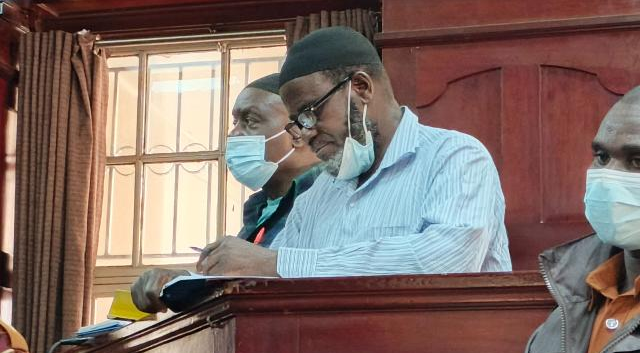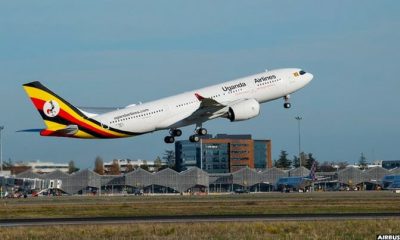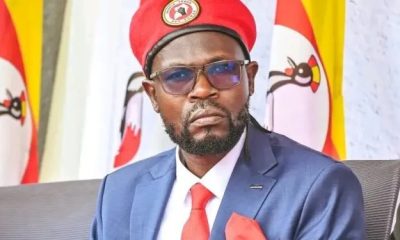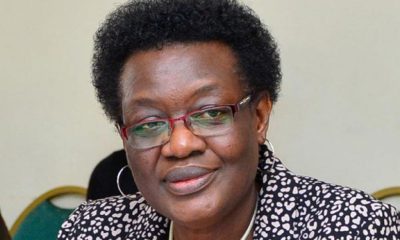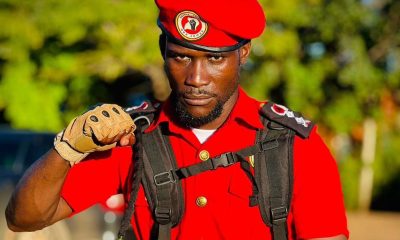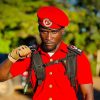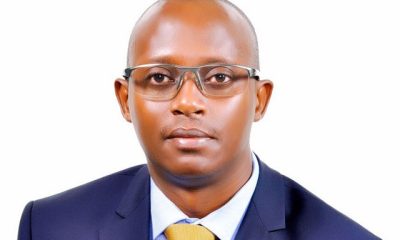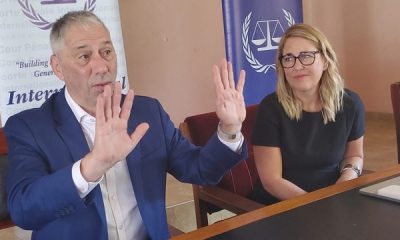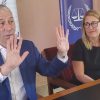Law
High Court Dismisses Mukulu’s Bid for Freedom, Trial to Proceed
Jamilu Alirabaki Mukulu Kyagulanyi, the alleged commander of the Allied Democratic Forces (ADF), will remain in custody as the High Court’s International Crimes Division has dismissed his application seeking release on grounds of fundamental rights violations.
A panel of four justices—Susan Okalany, Michael Elubu, Stephen Mubiru, and Dr. Andrew Bashaija—on Monday ruled against the release of Mukulu and his two co-accused, Muhammad Matovu and Omar Abdallah Mutuka.
The trio had challenged their extradition from Tanzania, arguing that the charges of terrorism and robbery leveled against them in Uganda were not part of the original extradition terms, which they claimed only referenced murder. They also alleged that their rights were violated through torture and illegal detention.
Mukulu, who was arrested in Tanzania in 2015 and subsequently extradited, faces a litany of charges including terrorism, murder, attempted murder, aggravated robbery, and membership in a terrorist organization (ADF). Prosecutors paint him as the leader of the ADF and the Salaf Muslim community, alleging he commanded 37 co-accused in orchestrating murders and robberies across various Ugandan districts, including Bugiri, Tororo, Namayingo, Kampala, Wakiso, Jinja, Mbale, and Budaka.
He is further accused of ordering the killings of prominent figures such as Sheikh Dakitoor Muwaya and Sheikh Yunus Abubakar Mandanga, as well as police officers Muzamir Babale and Karim Tenywa at Bugiri Police Station. Authorities also claim his group stole firearms, ammunition, a gold-weighing machine, and substantial sums of money, acts intended to sow political, religious, and economic fear.
Represented by lawyer Medard Ssegona, Mukulu disputed the inclusion of terrorism and robbery charges, citing a breach of the extradition treaty. He also detailed allegations of torture, including beatings and forced pork consumption, alongside claims of unlawful seizure of his USD 38,000 and a personal camera, which he argued violated his property and fair trial rights.
However, the court found the torture claims, only raised in 2018, lacked credibility due to the significant delay. It also ruled that there was insufficient evidence to prove Mukulu’s ownership of the seized property. The panel acknowledged that delays in the trial proceedings were largely attributable to the COVID-19 pandemic and ongoing investigations.
Crucially, the court admitted that Mukulu and his co-accused were held beyond the lawful 48-hour limit, illegally detained for a year at the now-defunct Nalufenya facility, and publicly paraded in the media by former IGP Kale Kayihura. This latter act was deemed a violation of their right to presumption of innocence.
Despite recognizing these violations, the judges concluded that they were not severe enough to derail the entire trial. Consequently, Mukulu’s application was dismissed, and the court confirmed that the trial will proceed. Notices summoning him and his co-accused back to court are expected to be issued, and they remain remanded at Luzira Prison.
The accused were apprehended between 2014 and 2015 across Uganda and Tanzania. Some of the charges against them date back as far as 1998, including the infamous ADF attack on Kichwamba Technical Institute, which resulted in the deaths of over 80 students.
In September 2019, pretrial judge Eva Luswata committed the group to stand trial, but proceedings have since stalled, and the trial has yet to formally commence.
Comments



